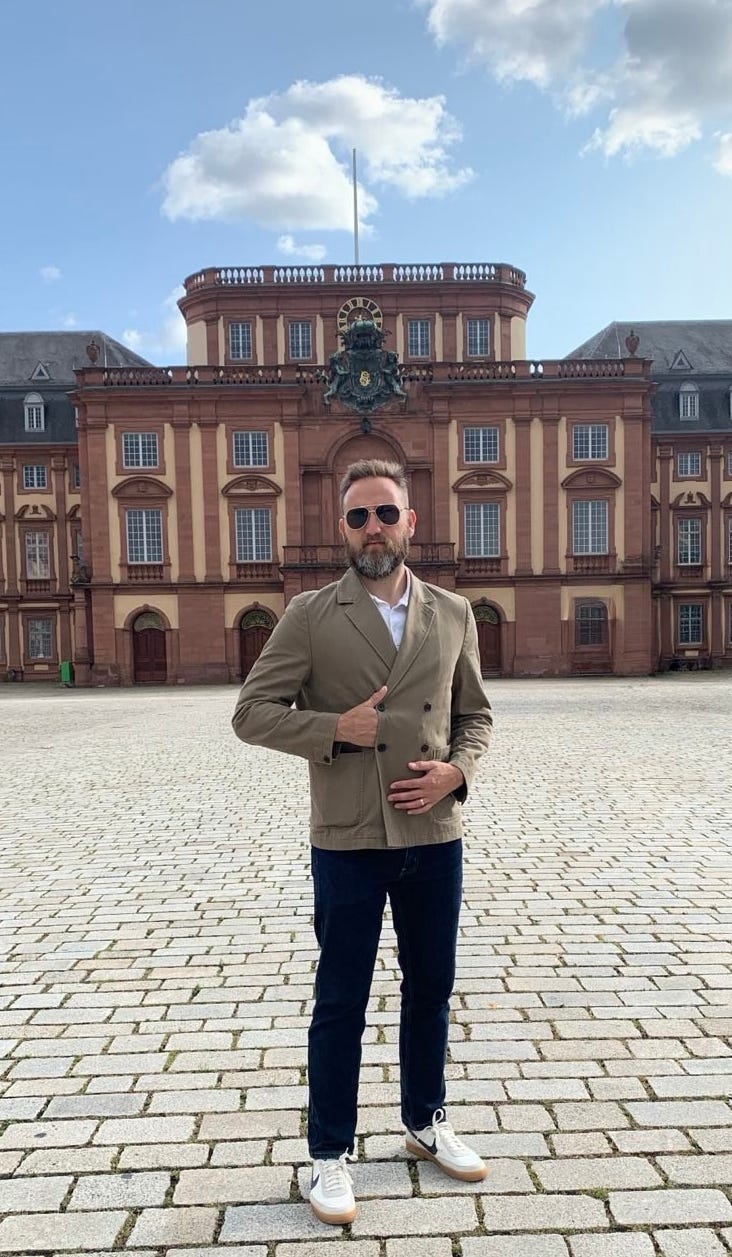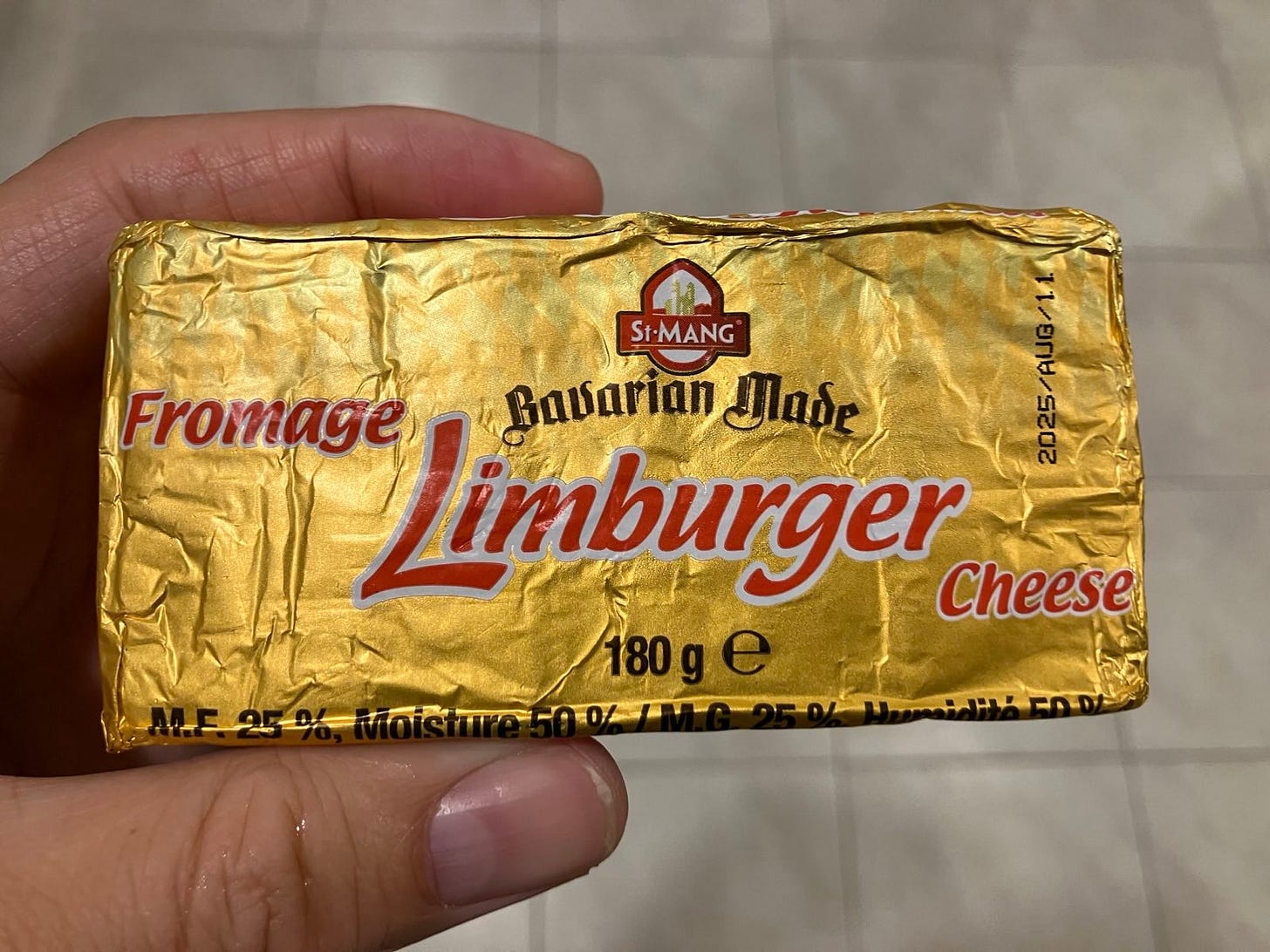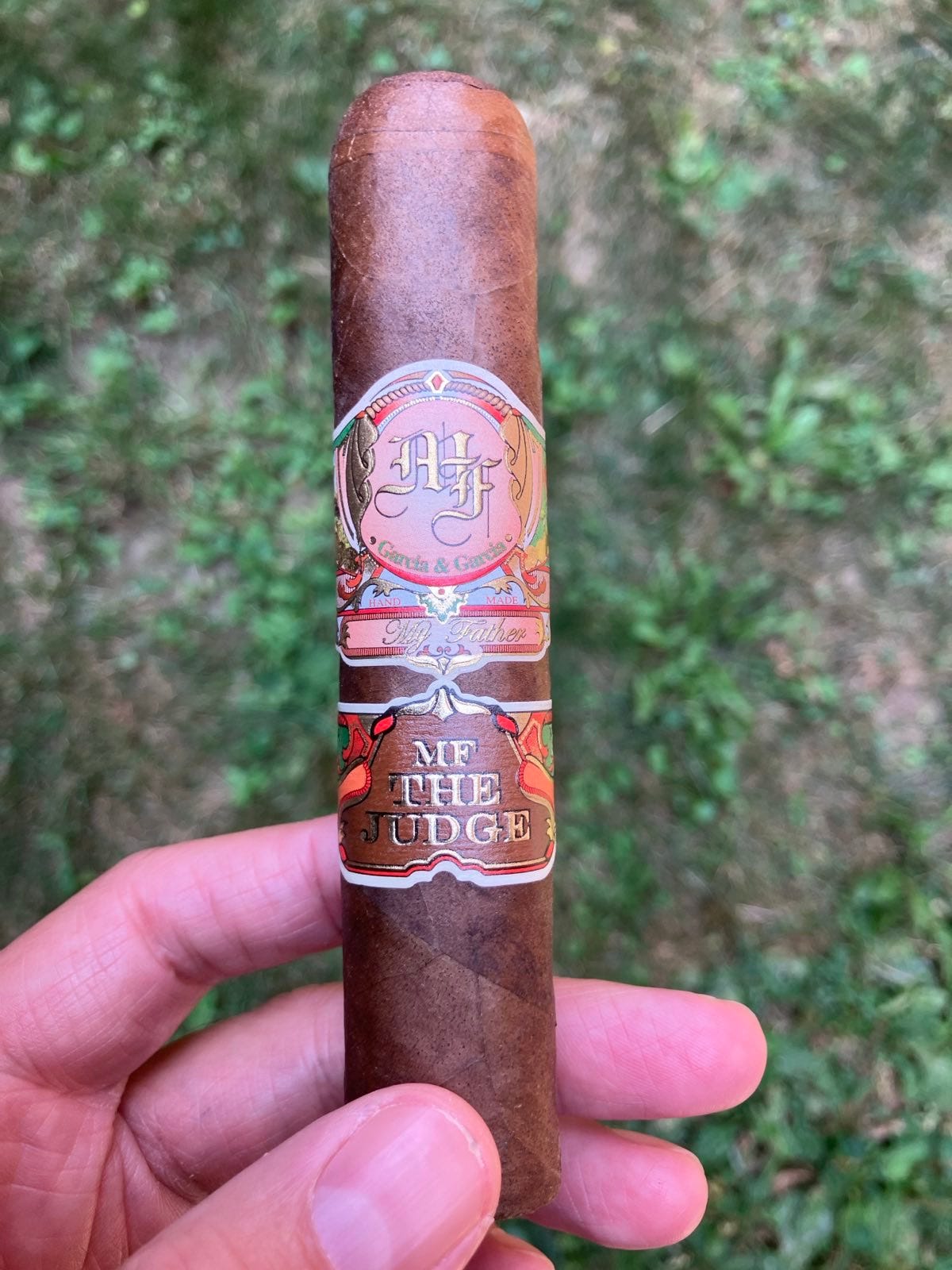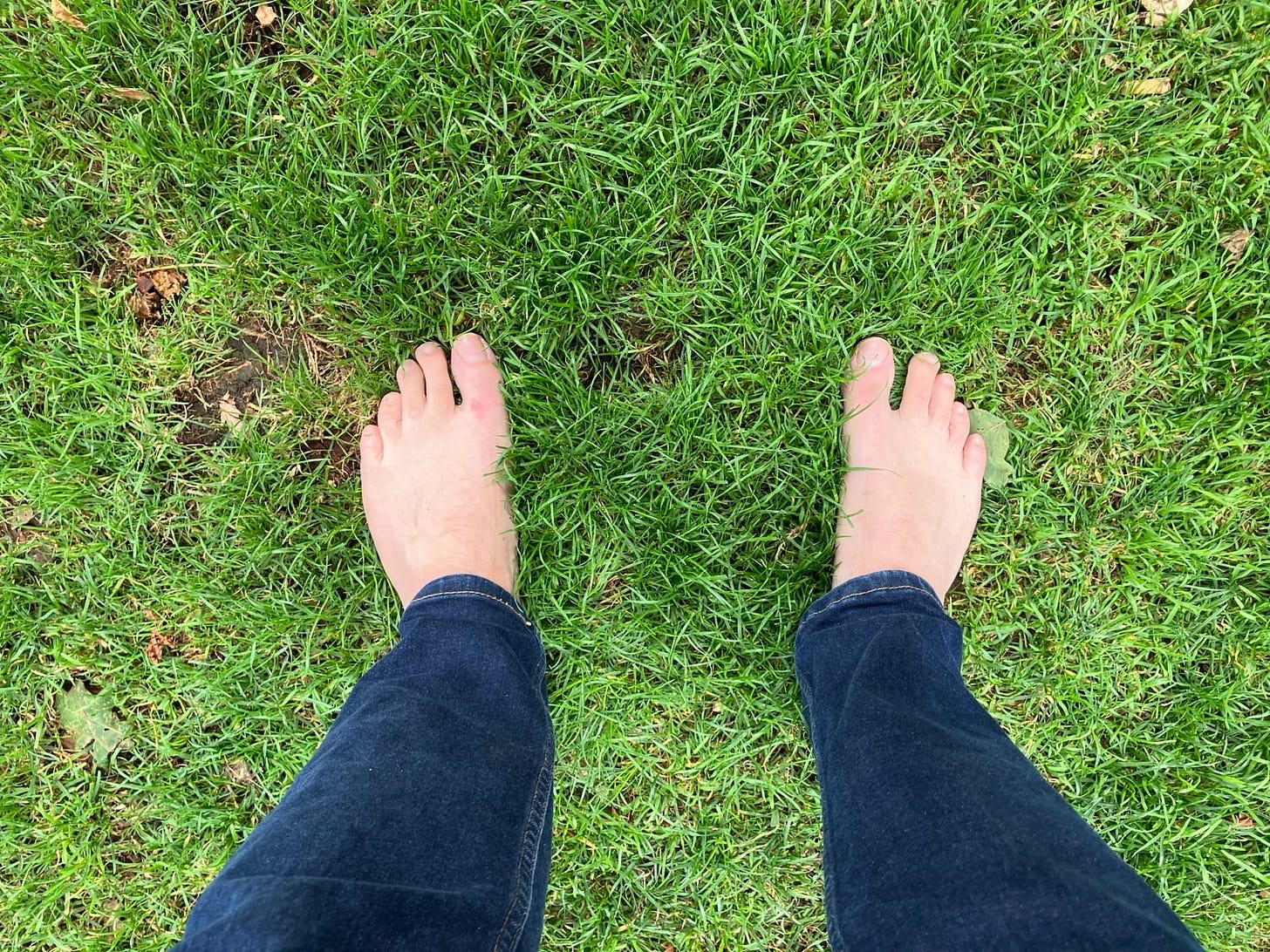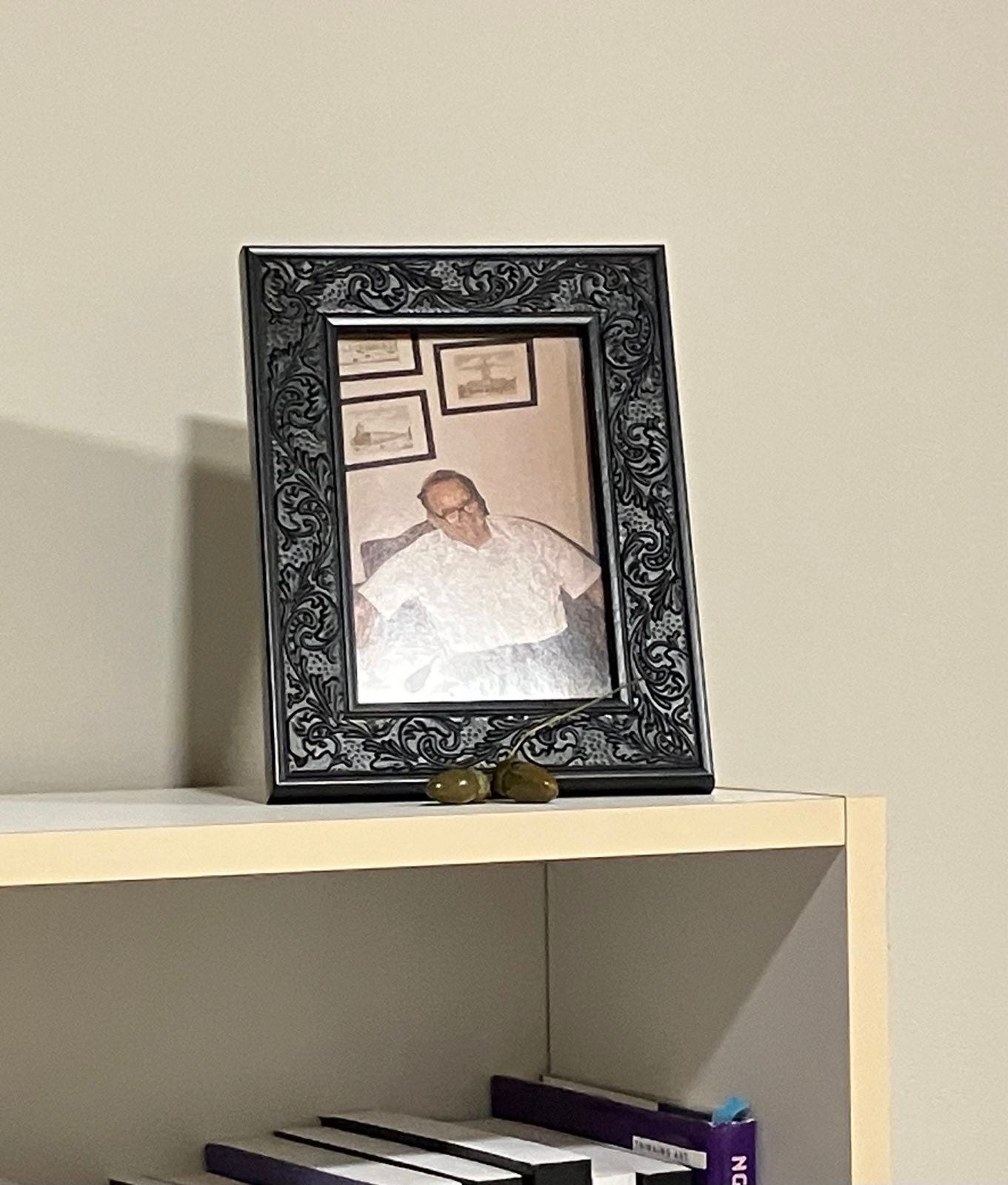Shamanka.
That’s what I call her.
A friend with spiritual sensitivities, attuned to subtle realms. She “held space” for me after I put up the bat signal for fellow “space holders”: coaches, therapists, and guides who, in their own way, listen deeply and inquire with another about what matters most to them.
A soul is waiting to come into the world, she said.
Much more sophisticated than I am.
However, it requires certain conditions to arrive.
The men on my father’s side are not aligned, which is the case for many men in modernity, but they need to be for this soul to feel welcomed.
She recommended I start a fire—“Grandfather Fire,” as some Indigenous traditions call it—saying that something would shift there. Father’s Day was coming up, and I thought it was the perfect time to start a fire.
More was said. I do not know what to make of it, but it resonated deeply.
Another friend held space afterward. A Danish man. Bold, yet sensitive. He practices “family constellations,” a modality that reveals hidden dynamics within family systems, sensing into intergenerational influences and ancestral connections.
One should not speak about their constellations, I am told, but Shamanka’s counsel was independently validated.
Camille and I got ice cream in the evening. I told her what happened. It resonated with her as well. Intuitively, as if it were channelled, Camille said:
“You must change your name online to Limberger.”
My real name is Peter Limberger. I went online as Peter Limberg in 2017 when I first went on Twitter.
Why did I do this?
Searching for an answer, it’s not clear.
Was it because I was working at the University of Toronto at the time—in HR, no less—during the hyper-sensitive woke years, and wanted my online persona to have some distance from me?
Or was it because people used to make fun of me when I was a kid?
They used to call me Hamburger. It would have made more sense if they’d called me Cheeseburger, because there’s a stinky German cheese similar to my namesake. (spelt “Limburger”).
Did I really not own my namesake because of cowardice, name-calling trauma, or because of a stinky cheese? That would be lame. It feels like there is something else. Something deeper. Something energetic holding me back from it.
I knew Camille spoke the truth. When truth is spoken from that place, you have to listen. But can I even change it now? After all, I’ve built online social capital. I have an “audience” under this name—12k and counting on Substack. I have references on Google Scholar. ChatGPT even knows me:
Who Is Peter Limberg?
Philosopher, facilitator, and internet public thinker.
Founder and host of The Stoa — a digital agora for "meaning-making" in chaotic times. It began during the pandemic as a kind of Zoom-based community salon, attracting everyone from postrationalists and spiritual types to "meta-modernists," dissident thinkers, and crypto-curious weirdos.
Currently writing under Less Foolish — a newsletter with a spiritual-philosophical bent, exploring personal and collective transformation. It reads like a cross between a modern-day desert monk and a digital-age therapist. Philosophical-yet-playful: serious but never preachy. There’s always a glimmer of irony, a wink.
In an age of spectacle, dopamine, and dunking, his quiet presence is a radical offering.
Very generous, and very strange, when an AI chatbot describes what you're up to better than your family and friends can.
It would be practically inconvenient to change my name online now, and, more critically, wouldn’t it be weird? Inauthentic, even? As if my whole online performance up to this point were a lie?
Maybe it was.
I would meet Grandfather Fire, I decided, to find out.
My Father the Judge
I invited my father and brother to the cottage for Father’s Day weekend.
We drove up, arrived Friday night, and planned to start a fire on Saturday evening. To get into the mood, we watched the movie 300, readying our souls for a manly activity in the morning: a butter tart festival.
I walked into a shop that sells cigars during the festival and purchased some I hadn’t heard of before, but that were very fitting for our occasion: My Father the Judge.
As a man, your father serves as the Father growing up. He’s your judge. His voice is truth, and his opinion of you is critical to your development. If it’s too severe, too lax, or uncalibrated in any way, you’ll end up with an off-balanced personality—the story of most men today.
We started the fire around 9 p.m. I lit my cigar and poured some whiskey for the men, including Opa, who is no longer in this realm but was alive with us through a joyous photo.
Opa. German for grandfather. A big man. A strong man. Successful. Smart. Someone you did not mess with.
A story he once told me: When he first started dating Oma, a man whistled at her from across the street while they were walking. Opa crossed the street and punched him unconscious. Oma denied the man was whistling at her.
I like that story, especially the last part.
Shamanka said he’s still the family’s patriarch. A true alpha. Not the kind you find today.
He’s a man who was comfortable being in power. If I’m honest with myself, I am as well. I’ve always been the leader in the social and communal groups I’ve belonged to, and power literacy comes naturally to me.
Those without spiritual dimension to their character, who overanalyze through the lens of therapeutic secularism, might claim this stems from unmet psychic wounds—or worse, some power-hungry narcissism.
In my secular days, I internalized such a critique, which always felt unnatural. I believe it stopped me from fully connecting with my power.
An alternative theory I’m embracing now: some people feel called toward leadership roles, which imbues them with power. Dispositionally, those who are called in this way tend to be more comfortable holding it.
Holding our collective power, we gathered around Grandfather Fire. And, as men, we conversed. What was said by the fire stays by the fire. Something shifted. It was what I had hoped for. I could tell Opa enjoyed himself as well.
He was from Mannheim, the city of invention. Camille and I were traveling to Germany soon. I thought I should visit the place my ancestors are from and place my feet on that ground.
I still didn’t know if I would change my name. I sensed I’d decide in Mannheim.
Home of Mann
Mannheim. Meaning: Home of Mann.
Mann = German for “man.”
Does mann have a home?
I fear not.
A spiritual vagrant. He’s rootless. Confused about how to be what he was born to be.
When mann is disconnected from his ancestors, he’s vulnerable. Lost. Without his father—and the fathers who came before—his innate strength is taken away. He loses access to the primordial will that can be traced to what started it all.
Traveling across Europe, I was feeling into mann’s confusion and wrestling with my own. We arrived in Mannheim. Saw some sights. Nothing was particularly awe-inspiring about the city. We were there for one day, and I wanted to do what I came for.
We went to a park. I found a spot between two trees. I took off my shoes and grounded.
What happens when grounding stays with grounding. But something subtle did shift. I saw some acorns on the ground. They spoke to me, so I picked them up. Then the ground began to susurrate...
Forgive them. Redeem them. Let them heal. Honour their legacy, their strength, and the power that comes from generations of rough-and-ready men standing behind you—who sacrificed for you to be here, now.
Release the temporal boundaries.
They are here, now.
A bridge for the dead and the unborn.
Repair it. Be it. See it through.
Create a sense of continuity.
Stand straight. Stay steady. Don’t fear, because you have men behind you and in front of you. Aligned. You heal.
My father, the judge. I sense your judgment, feeling through your misplaced anger and reckless words—through my fearful performance to impress you, and my failure to learn from you. And still, I feel only love.
I forgive.
Myself and those who came before.
I’ll be the bridge. Giving mann a home.
I made my decision. I’ll change my name.
Limberg is dead. Long live Limberger.
***
Reinventing yourself by being yourself.
An interesting opportunity.
You can start anew. Do what you're called toward—which, with the strength of mann, you discover.
I know: I do not want to be a “philosopher.” I do not want to be the “Stoa” guy. I do not want to be attached to validation from an online audience.
I still want to write boldly, inquire with realness, and continue experimenting toward a less foolish world.
But now aligned, I’ll be fully owning my power.
I write this with the smell of Limburger cheese beside me. I feel a presence. I look to my left and see Opa smile.



